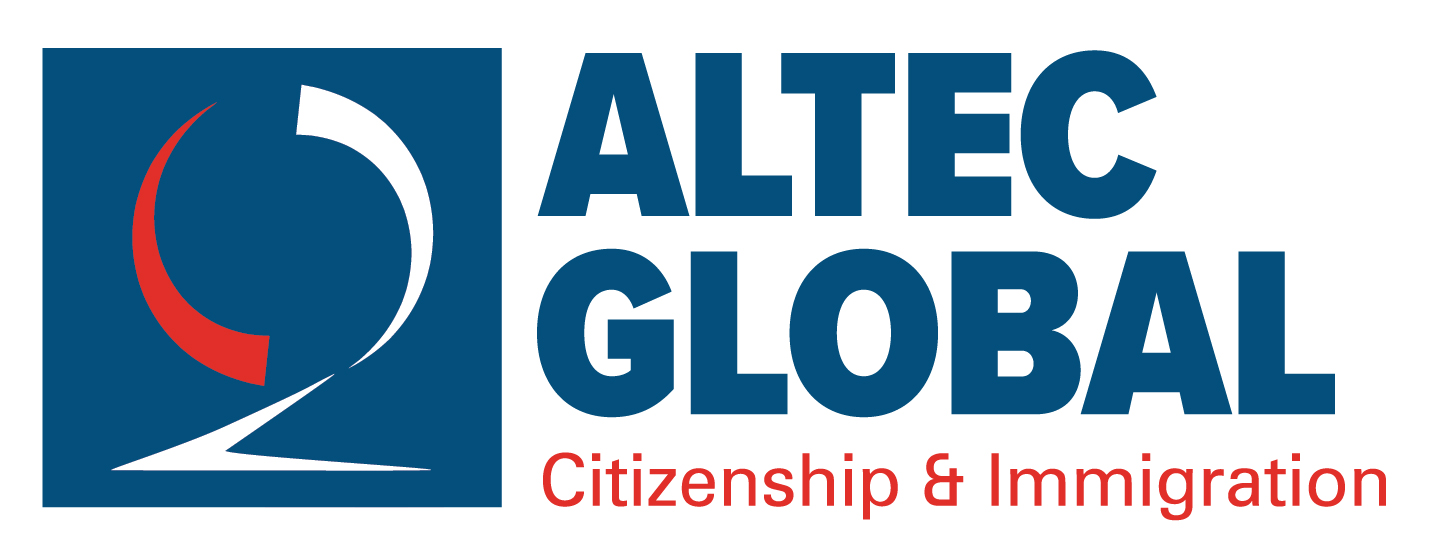When you commit to being a sponsor in Canada, signing an undertaking is a crucial step. This undertaking is essentially a promise – a commitment to providing financial support for the essential needs of your spouse, partner, and their dependent children. These basic needs encompass daily living essentials like food, shelter, and clothing, as well as additional health needs not covered by public health services.
It’s important to note that signing the undertaking is more than just a formality; it’s a binding promise of support. This means that your responsibility to support the sponsored person remains intact for the duration of the undertaking period, even if circumstances in your life change.
The undertaking period for a spouse, common-law partner, or conjugal partner is generally three years from the day the sponsored person becomes a permanent resident. However, it’s worth mentioning that residents of Quebec may have a different timeline for their undertaking compared to the rest of Canada.
Crucially, the undertaking persists even if:
- You go through a divorce, or separation, or experience a breakdown in your relationship with the sponsored person.
- Either you or the sponsored person relocates to another province or country.
- The sponsored person becomes a Canadian citizen.
- You encounter financial challenges.
But what happens if it turns out that the relationship isn’t genuine?
During the sponsorship application process, Immigration, Refugee, and Citizenship Canada scrutinize the relationship to ensure its authenticity. Both applicants need to provide compelling evidence of their genuine relationship, such as wedding invitations, proof of joint ownership of property, or documents demonstrating shared residence (e.g., joint accounts, and tax forms).
A spousal relationship or common-law partnership that is not deemed genuine or appears to be entered into solely for immigration purposes can lead to a refusal of the application. IRCC officers are adept at identifying marriages of convenience, where the primary objective is immigration rather than a sincere relationship.
However, if a sponsor discovers they are a victim of marriage fraud, where the sponsored person misuses the marriage to gain immigration benefits and subsequently ends the relationship post-immigration, there are serious consequences. The sponsor, although still responsible for the undertaking, can report the fraud to IRCC.
In such cases, IRCC has the authority to:
- Charge the sponsored person with a crime.
- Impose a ban on their entry to Canada for five years.
- Deport them from Canada.
- Revoke their status as a permanent resident or Canadian citizen.
- To protect against immigration fraud, the Canadian government advises caution, especially if your relationship involves someone you’ve recently met, quick marriages, multiple previous marriages, or limited sharing of background or family information.
In case of doubts or suspicions, it’s crucial to exercise vigilance and, if needed, seek guidance from relevant authorities or professionals to maintain the integrity of the immigration process.


Recent Comments